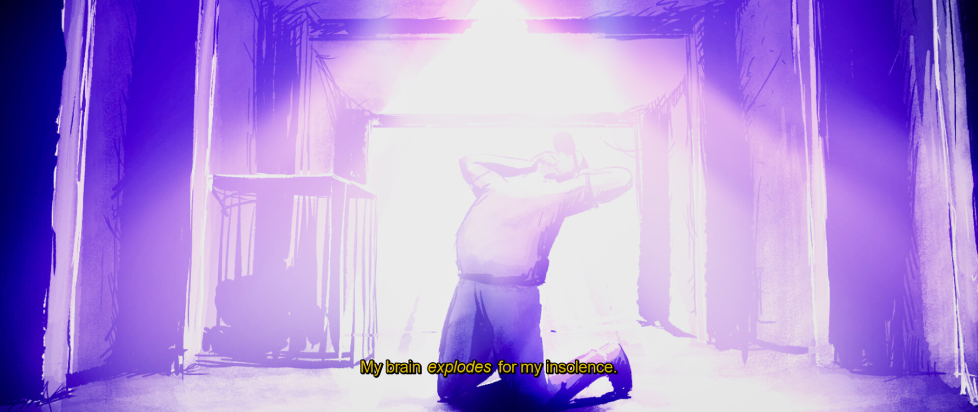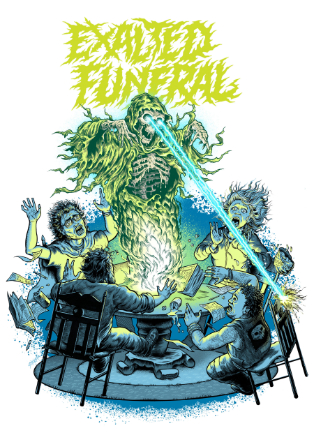
Surveillance Paranoia Where You Most and Least Expect It
When Life Eater asks me to pick out a target for ritual sacrifice who “won’t be missed”, I can immediately rule out the person who doesn’t sleep alone. It doesn’t feel great. Not because I have a good reason to want to pick them – but the opposite, in fact. I don’t know much about them at all, and now that I’ve ruled them out, I can’t justify the time or resources to find out more about them.
Initially I didn’t think Life Eater was saying anything with its surveillance simulation. Like other games that try and set you up to feel like a voyeur, it’s easy to look back at the cameraman instead of yourself: “this doesn’t say anything about me, but the situation you designed.” So it was with the first level of Life Eater, where I easily worked my way through the resource management puzzle and uncovered everything about my target. Not only did I know his necessary comings and goings, but also the secrets that he’d much rather have kept to himself.
It helps, too, that the specific narrative of Life Eater sets the main character as someone very specific. Unlike previous Strange Scaffold game Space Warlord Organ Trading Simulator, where the horror of complicity comes from a direct interest in watching the number go up – even while you’re trading organs – there’s a layer of separation. These are not my neighbors, and the invasive actions I’m taking are extremely abstracted. “Blackmail their boss”, “rattle the doorknob”, and “accuse of a crime” are all just actions on a menu.

This distance leaves me comfortable speculating about what happens in the gaps I don’t see. Is someone who spends their days alone but not their nights having a rocky time in their marriage, or inviting over a rotating cast of booty calls? Is pre-work coffee an organized club or a worksite chat? What’s the water cooler gossip like? There are no answers, but I can click my way through their routines and find new pieces of information to speculate on.
This is, of course, the trick. Slowly, Life Eater takes away that access that it gave out so generously to start with, and I find myself in the situation where I don’t have enough time to snoop to satisfaction. I can locate a target – the one who “won’t be missed” – but the others will go un-sacrificed and un-scrutinised. Even the one I eventually kidnap will be allowed to take some of their secrets to their grave, as there just isn’t enough time to answer both the need-to-knows and dig for digging’s sake.
And so, Life Eater does end up putting me in the position of its voyeur. Not when I have unlimited access to someone else’s secrets, but when I don’t – and realize just how easy it would be for the isolated, nameless man you play as to end up in the position he has. It isn’t a gotcha about the joys of maliciously invading someone’s privacy, but a creeping horror that when doing so is frictionless and mundane it can almost be mistaken for connecting with another person. With the access we have to information about other people’s lives, it’s enough to make you paranoid.
———
Ruth Cassidy is a writer and self-described velcro cyborg. They can be found in various places at linktr.ee/ruthvcassidy.





